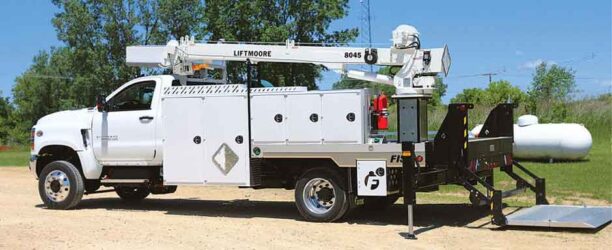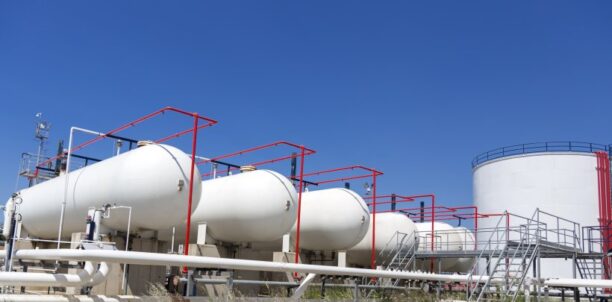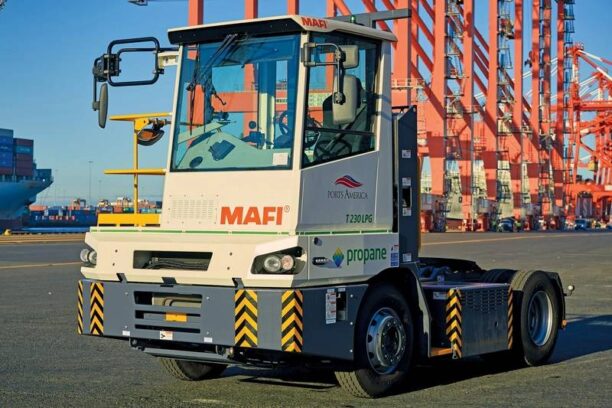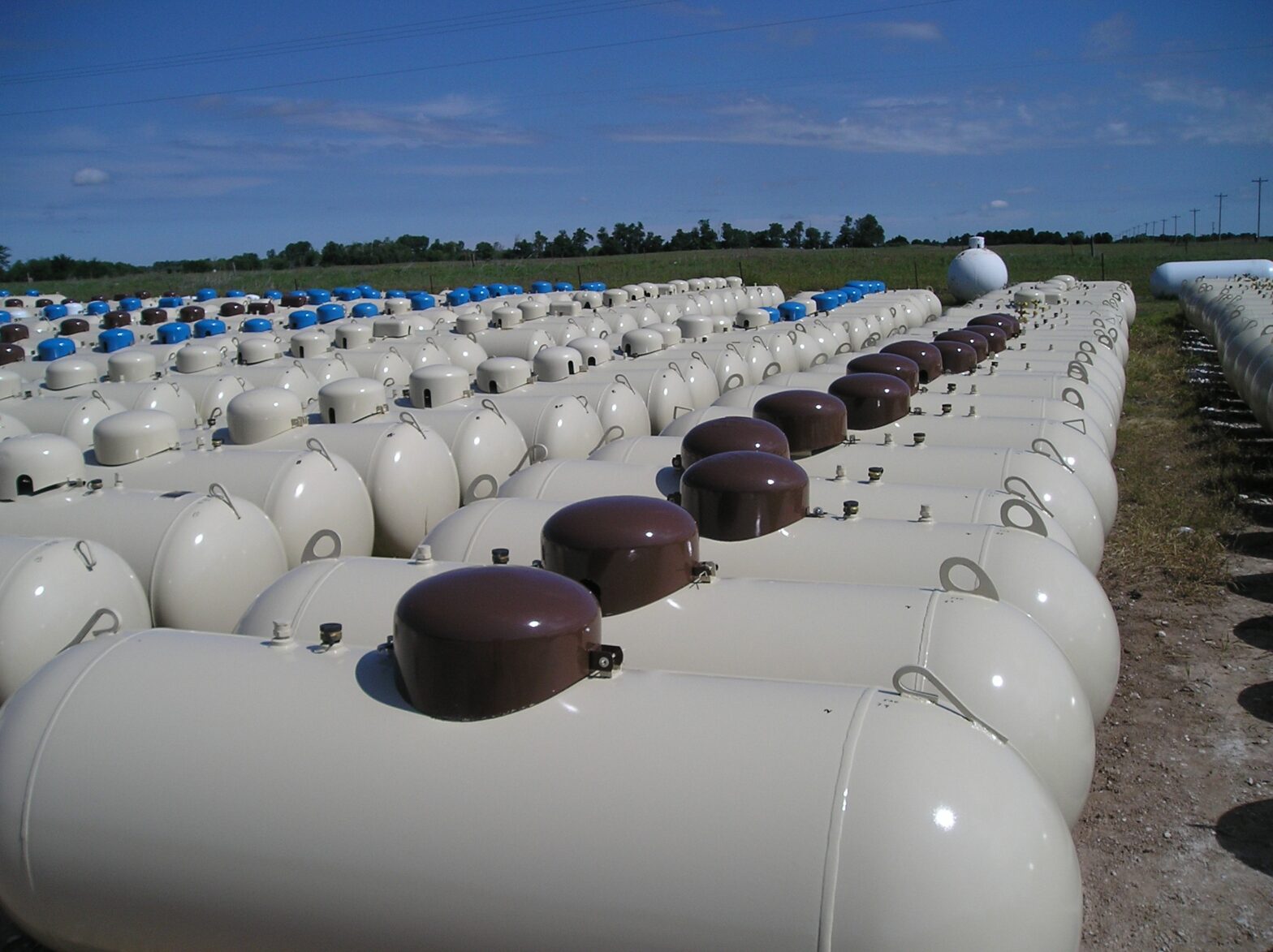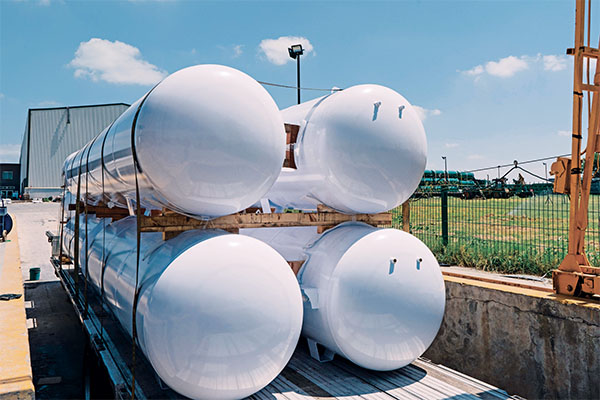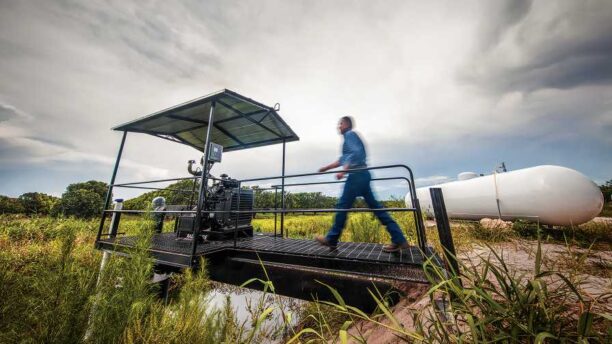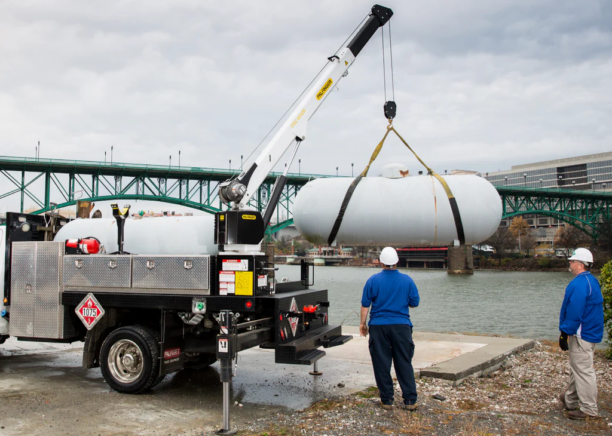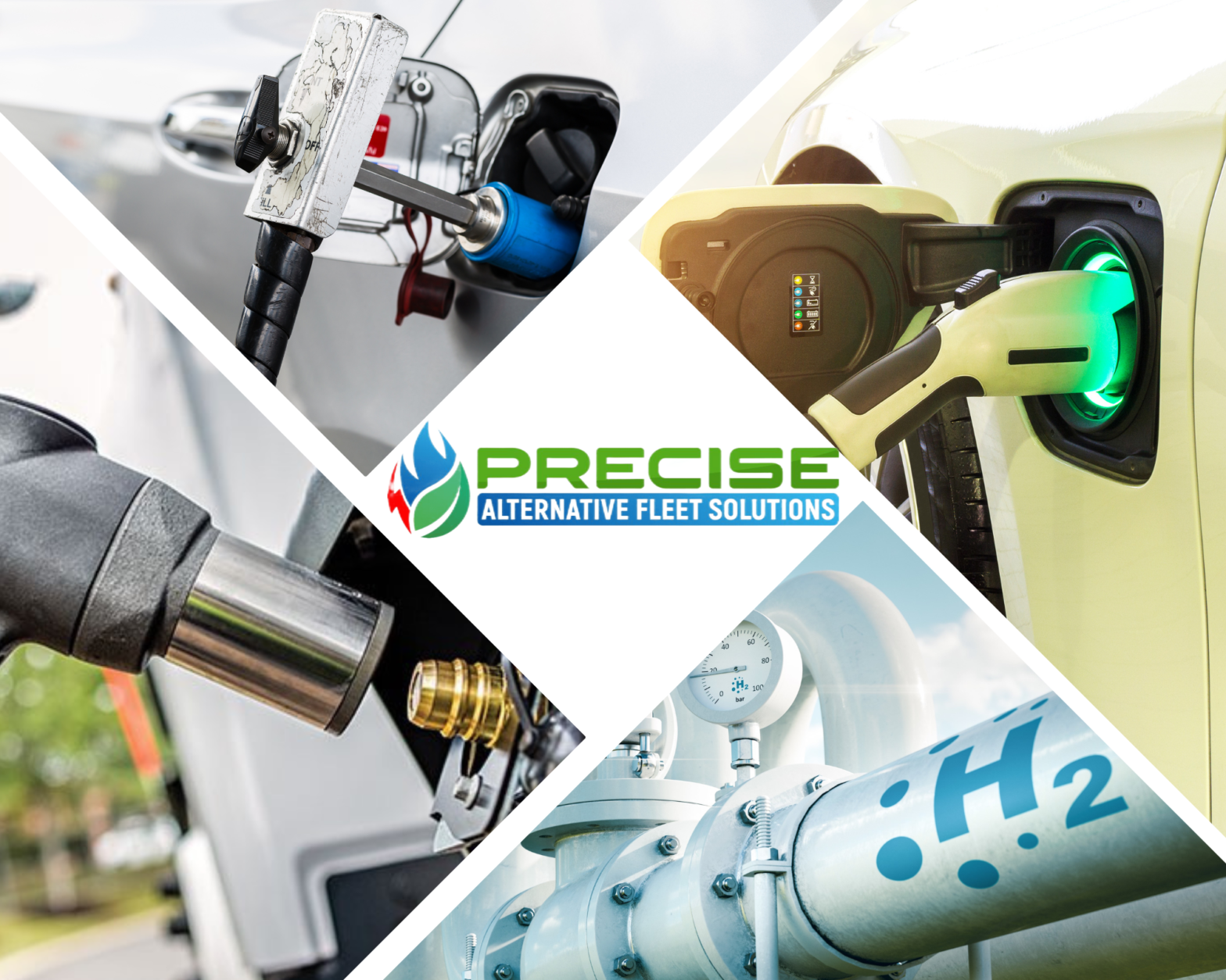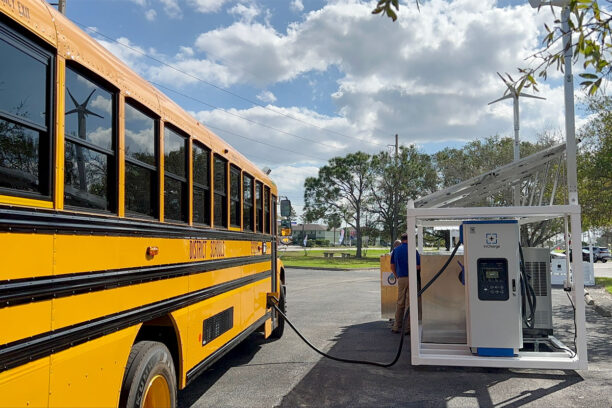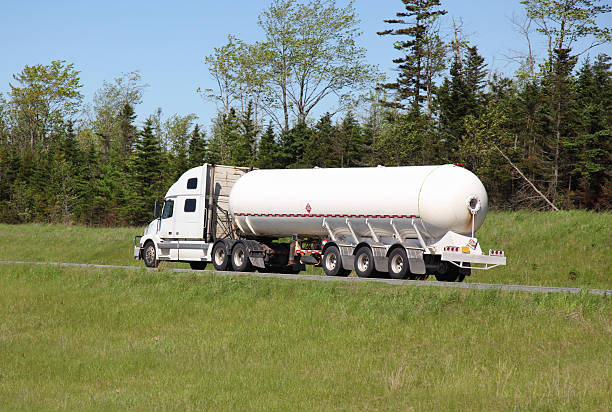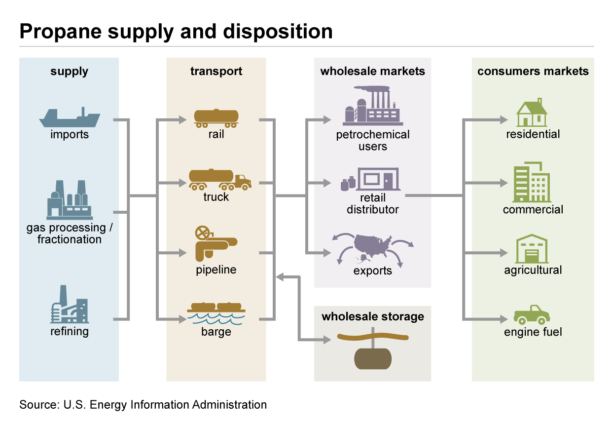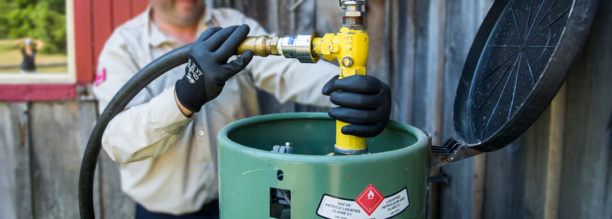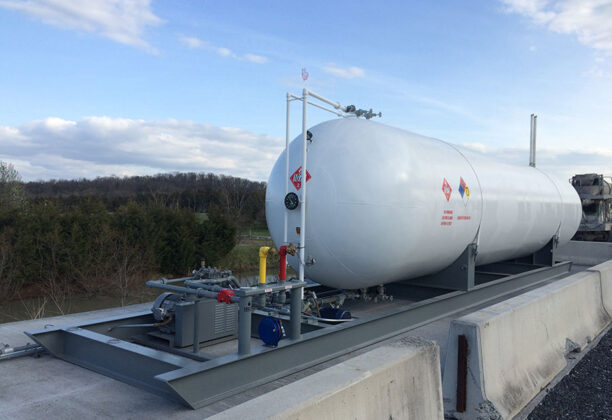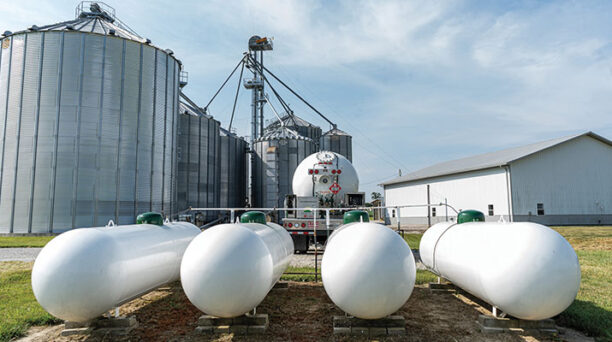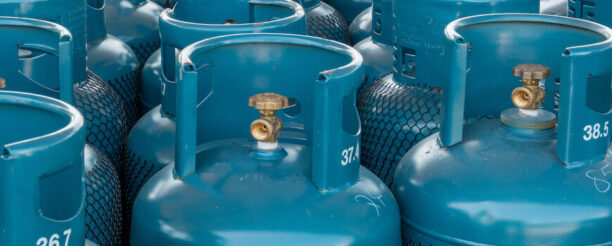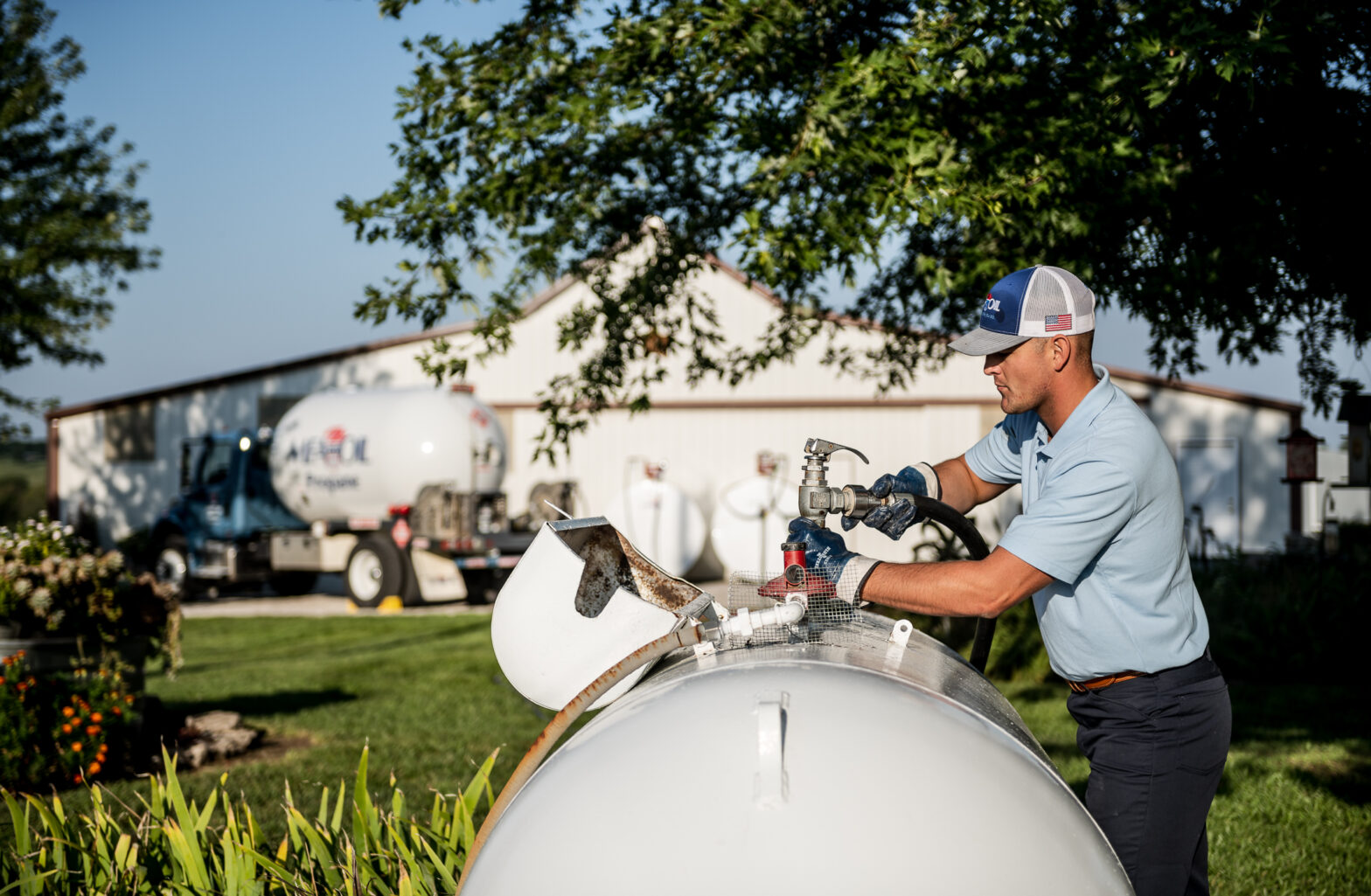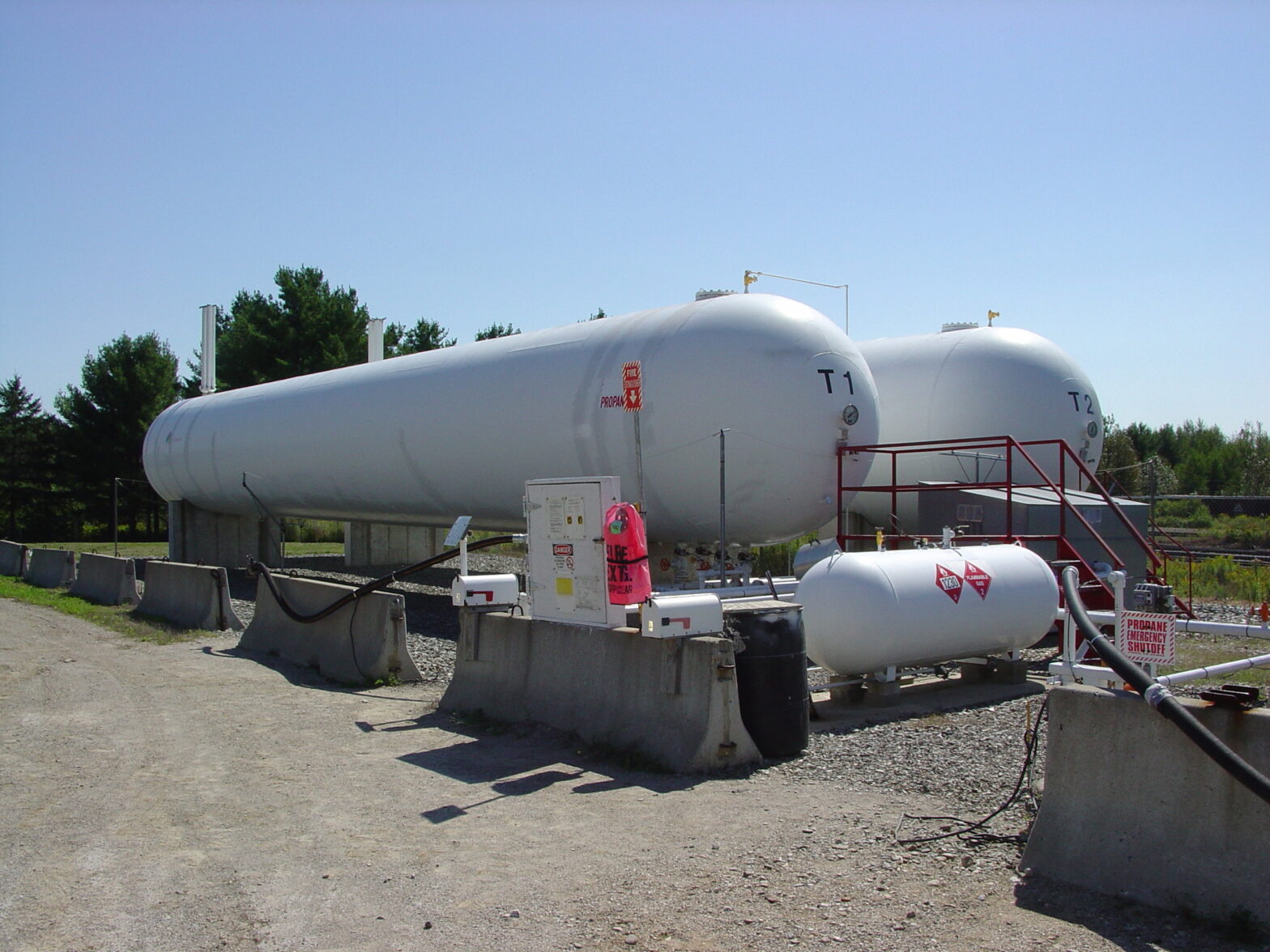Finding new and effective ways to increase year round sales is vital to any propane retailer. With less than 1% of today’s fleets using propane, it has long been a potential business opportunity. Unfortunately, gaining inroads into fleet fueling has been a difficult accomplishment for many propane companies. Precise Alternative Fleet Solutions has a variety… Continue reading Increased Propane Sales Secrets – Fleet Conversions
Finding new and effective ways to increase year round sales is vital to any propane retailer. With less than 1% of today’s fleets using propane, it has long been a potential business opportunity. Unfortunately, gaining inroads into fleet fueling has been a difficult accomplishment for many propane companies. Precise Alternative Fleet Solutions has a variety of innovative ideas they have successfully implemented across North America that are helping propane companies convert fleets to propane in a way that turns them into long term fuel users. Their strategies may be ones your company could benefit from as well.
Meet Precise Alternative Fleet Solutions
Precise Alternative Fleet Solutions stands at the forefront of innovative fleet management, specializing in comprehensive solutions tailored to meet the dynamic needs of private businesses. With a dedicated focus on sustainability and efficiency, Precise Alternative Fleet Solutions offers turnkey propane autogas system installations for fleet vehicles, backed by robust project management and continuous support services.
Core Competencies: Delivering Excellence in Fleet Solutions

Precise Alternative Fleet Solutions excels in several key areas:
Propane Autogas System Installation
Precise Alternative Fleet Solutions provides new EPA-certified propane autogas systems for fleet vehicles, supported by a 5-year, 100,000-mile manufacturer warranty. These solutions are customized to enhance vehicle performance and reduce emissions, integrating seamlessly with existing fleet operations to minimize disruption.
Driver and Personnel Training
Comprehensive training programs ensure drivers and personnel are well-versed in the operation and safety protocols of propane autogas systems. Hands-on instruction and educational resources are provided to ensure proper handling and maintenance, with ongoing support and refresher courses to keep teams updated with the latest practices.
Project Management
Precise Alternative Fleet Solutions offers end-to-end project management, overseeing every aspect of the propane autogas system installation process. The company coordinates all stakeholders, ensuring timely and efficient execution while adhering to industry standards to guarantee project success.
Ongoing Service with Maintenance and Tech Support
Proactive maintenance and servicing of propane autogas systems are conducted to maximize performance and longevity. Regular inspections and troubleshooting are performed to identify and address potential issues before they escalate. Precise Alternative Fleet Solutions ensures prompt responses to service requests to minimize downtime and keep fleets operating smoothly.
Differentiators: Standing Out in the Industry
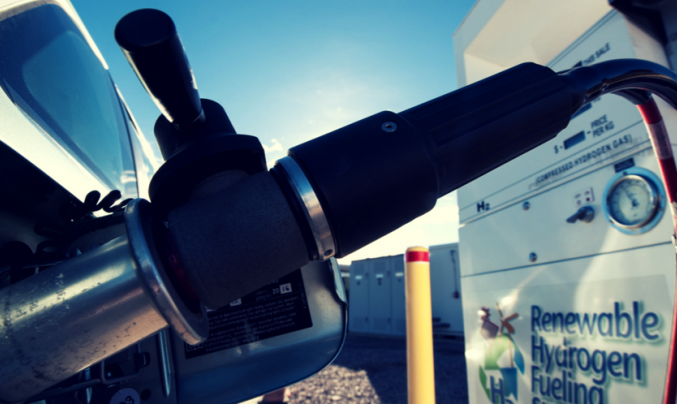
Precise Alternative Fleet Solutions distinguishes itself through several unique features:
Fueling Infrastructure Deployment
Precise Alternative Fleet Solutions designs and implements fueling infrastructure tailored to fleet requirements, including the installation of propane autogas refueling stations for convenient access and efficient operations. Compliance with safety regulations and best practices is ensured for secure and reliable fueling.
Sustainability and Cost Efficiency
Committed to sustainability, Precise Alternative Fleet Solutions offers environmentally friendly propane autogas solutions. These cost-effective alternative fuel options reduce operational expenses and improve the bottom line. The company provides expert guidance on available incentives and rebates for transitioning to propane autogas, maximizing one’s return on investment.
Performance and Industry Relationships
Precise Alternative Fleet Solutions collaborates with all propane autogas system suppliers, including notable partners such as FedEx contractors, propane retailers, and HVAC companies. As a DBE-certified company not owned by a fuel provider, Precise Alternative Fleet Solutions helps fleet professionals choose the best options for their fleet, connecting them with local and regional propane companies fit for delivering propane to their projects. Precise Alternative Fleet Solutions is the only unbiased autogas service and installation provider in the industry.
Insights from Ronny Martinez: A Vision for the Future

Ronny Martinez, CEO of Precise Alternative Fleet Solutions, brings over 15 years of experience in the autogas industry. Under his leadership, Precise Alternative Fleet Solutions has successfully serviced various vehicle autogas system brands, focusing on installation, technical support, and sales support for the propane industry. Martinez emphasizes the importance of reliable, EPA-certified vehicle platforms for customer satisfaction and the growth of the autogas market.
Martinez highlights the significant cost savings and environmental benefits of switching to propane autogas. Companies can save up to half a million dollars annually by using propane compared to gasoline. With an average annual usage of 5,000 gallons, the savings on fuel can offset installation costs, making the transition financially viable.
Martinez also notes the gradual approach many fleet owners take when adopting propane autogas. Initially, a small portion of the fleet is converted, and as the benefits become apparent, more vehicles are added. This incremental strategy helps fleet owners see the results and savings firsthand, building confidence in the switch to propane.
Precise Alternative Fleet Solutions’ business model relies on the success of each autogas customer project. By remaining independent of propane providers and system manufacturers, Precise Alternative Fleet Solutions can work with various companies to support its mission. The company’s motto, “Fueling the future of transportation together,” reflects its commitment to advancing the autogas market.
Recently, Precise Alternative Fleet Solutions secured a contract with a large franchise buying group with over 17,000 fleet vehicles nationwide. Martinez aims to continue collaborating with propane companies in the areas where new autogas fleet customers are located, facilitating the ongoing implementation of autogas across the country.
Precise Alternative Fleet Solutions seeks committed propane providers interested in operating on autogas within their own fleets. Martinez believes that by building strong partnerships and offering reliable, certified systems, Precise Alternative Fleet Solutions is creating the best autogas market the U.S. has yet to see.
Financial Advantages of Switching to Propane
There are multiple ways for businesses to save money while running fleets. One effective strategy is switching from gasoline to propane. Making the transition to using propane, which averages about $2 per gallon, can lead to substantial annual savings. As previously noted, with a typical fleet using around 5,000 gallons a year, the potential savings could amount to about $500,000 annually. This approach not only reduces fuel costs but can also cover vehicle expenses, making it a very financially sound decision. Transitioning from diesel to gasoline provides about a 10% savings, while switching from gasoline to propane can achieve savings between 30-50%. This clear financial advantage makes propane a smart and lucrative option for fleet owners.
By focusing on these strategies, fleet companies can effectively manage their costs and enhance overall operational efficiency. Precise Alternative Fleet Solutions is dedicated to transforming fleet management through innovative, sustainable solutions that benefit businesses and the environment alike.
Contact them at:
Phone: +1 248 826 9974
Email: r.martinez@precisealternativefleetsolutions.com







